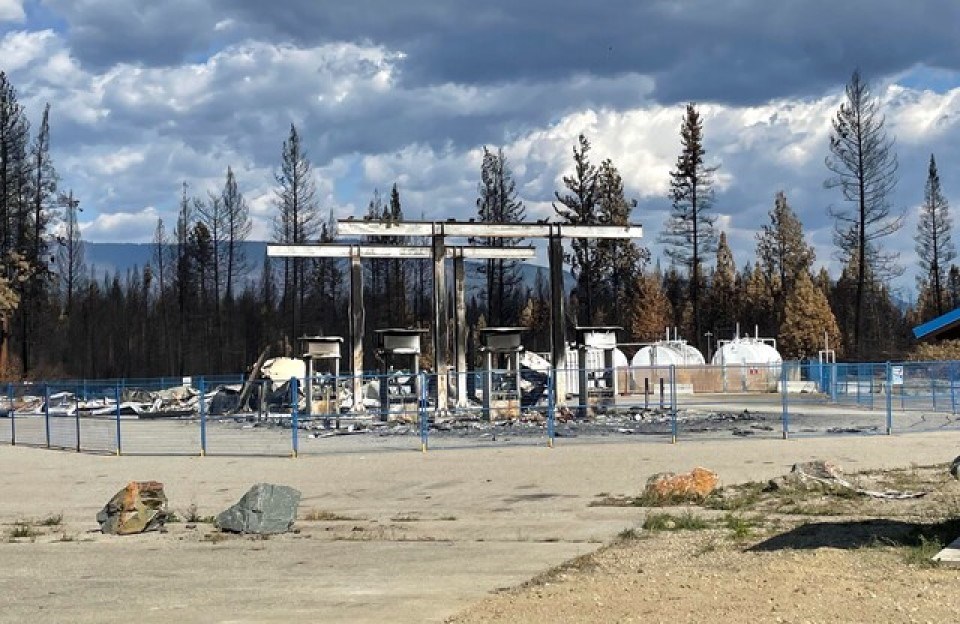On the heels of the worst wildfire season in B.C.'s history, the provincial government has unveiled a task force and new legislation aimed at enhancing emergency preparedness and reducing the risk of disasters.
According to the province, the proposed emergency and disaster management act aims to “implement a more proactive approach to emergency management,” emphasizing disaster risk reduction to safeguard B.C. residents and communities.
The new task force is made up of 14 people, including Tk’emlups Kukpi7 Rosanne Casimir, Thompson-Nicola Regional District CAO Scott Hildebrand and Kukpi7 Lynn Keonras-Duck of the Adams Lake Indian Band.
Also on the task force are emergency officials, government representatives and the former director of the California Department of Forestry and Fire Protection.
"A changing climate means people and communities around B.C. are feeling the effects of extreme weather emergencies like never before," Premier David Eby said in a news release.
"We're taking action with a strong and proactive approach to emergency management, one that will be guided by an expert task force with representatives from First Nations, local government and more. Our focus is on supporting those on the front lines of a disaster and quickly applying the lessons we've learned to better prepare for future emergencies."
The task force will be asked to provide “action-oriented recommendations on enhancing emergency preparedness and response in advance of the 2024 wildfire season,” the province said.
According to the province, the task force will be asked to provide advice on issues including artificial intelligence, incorporating local volunteers into wildfire response, integrating rural and municipal fire departments into the BC Wildfire Service response model, enhancing evacuee supports and updating B.C.’s wildfire response strategy.
The task force is expected to provide recommendations to government early next year to address emergency management and wildfire management.
According to the government, the new act will formally recognize First Nations’ inherent right of self-government relating to emergency management. It is expected to be phased in over time, allowing First Nations and local government to ensure the supports they need are in place before it is fully implemented.
The new legislation will replace the Emergency Program Act, which has not been updated since 1993.
"Over the last number of years, British Columbians have experienced extreme climate disasters and we've learned a lot about how we can be better prepared for emergencies to keep people safe," said Bowinn Ma, Minister of Emergency Management and Climate Readiness.
"From this summer's wildfires and drought to the atmospheric rivers and extreme heat of 2021, we know first-hand how climate change can affect our lives. This act modernizes how our province approaches emergency management by putting a greater emphasis on preparing for and mitigating the impacts of climate-related emergencies before they happen — keeping people and communities safer from disasters."
The moves comes as B.C.'s worst wildfire season on record — in which hundreds of homes were destroyed and more than 2.4 million hectares of land were scorched — draws to a close.



